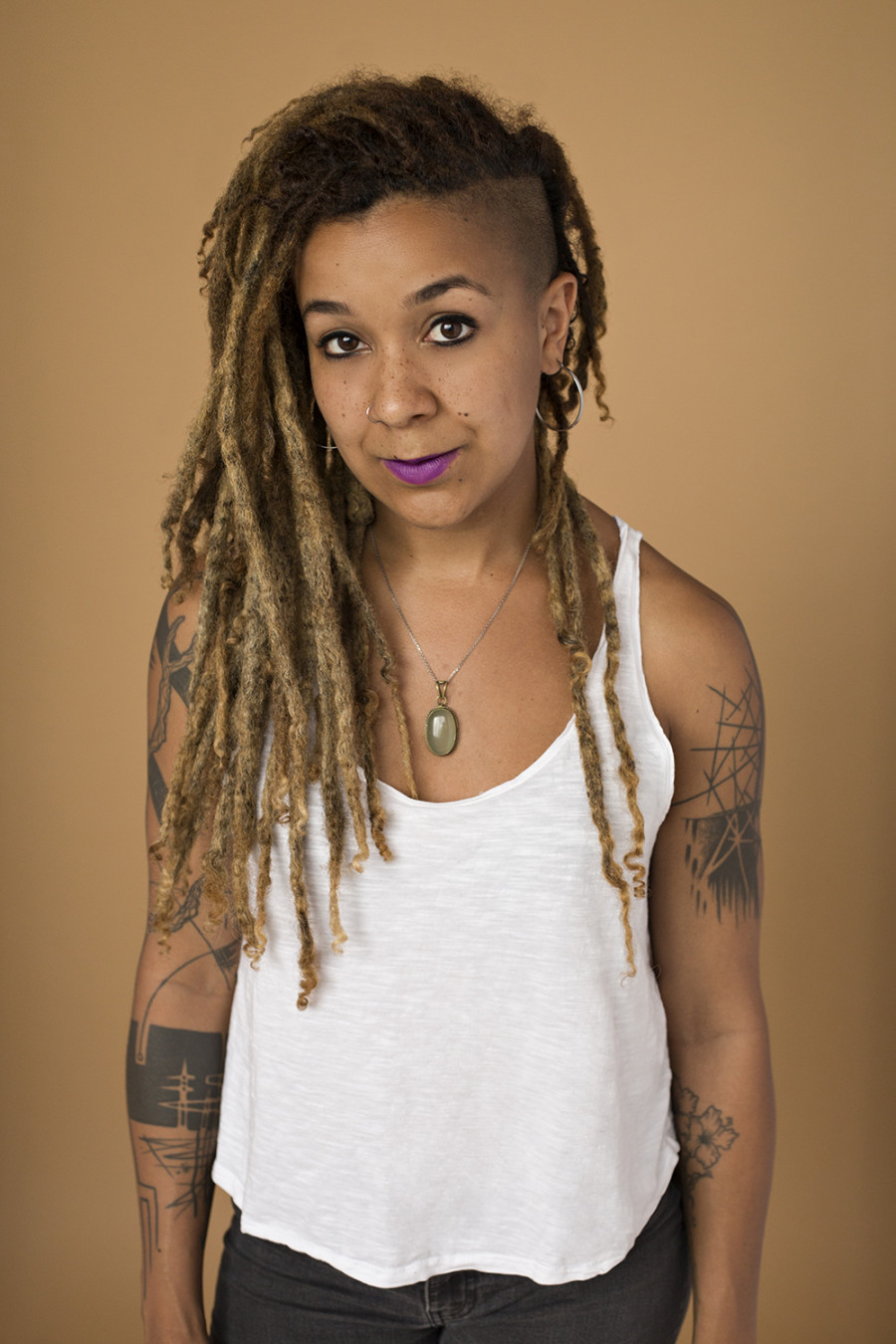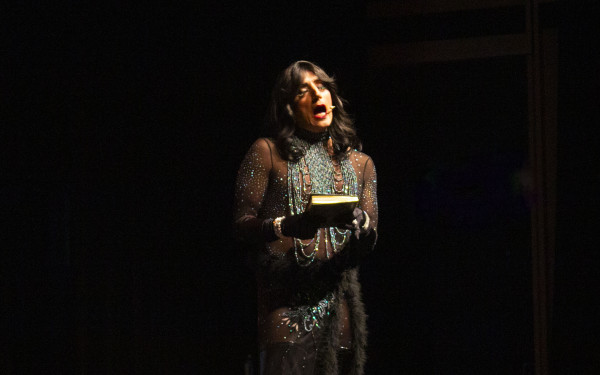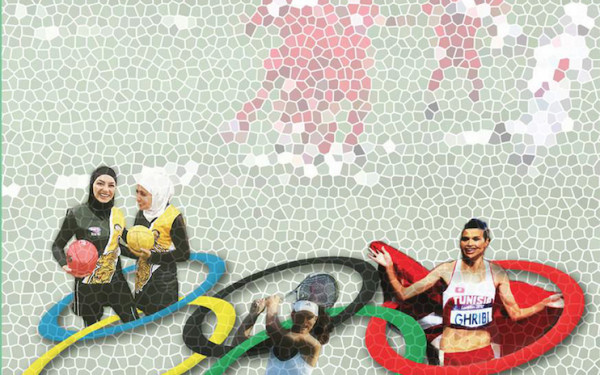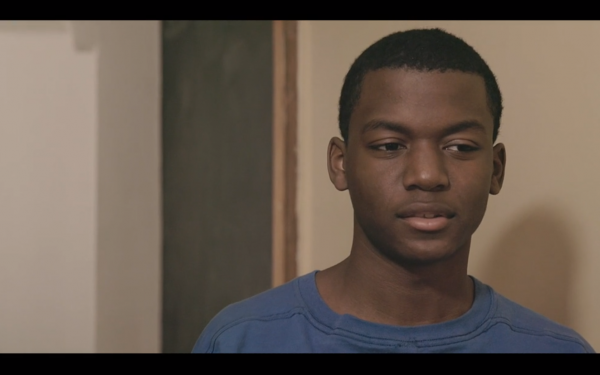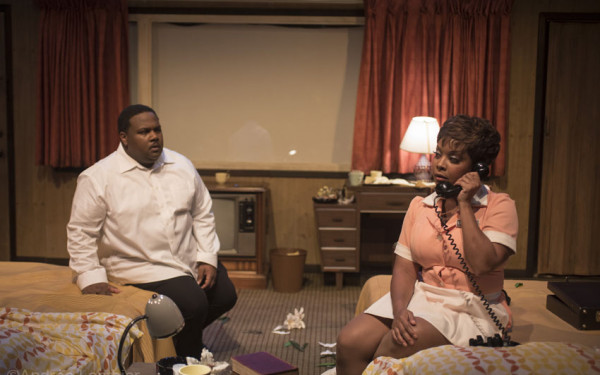Book Launch: Robyn Maynard Discusses Racial Discrimination in her Latest Book
A Black Feminist Analysis of State Violence: Slavery to Systemic Racism
Robyn Maynard’s recently published book is a comprehensive record of how racial discrimination has evolved throughout Canadian history, titled Policing Black Lives: State Violence in Canada from Slavery to the Present.
“I realized that there was still far too little literature addressing […] the specificities of how criminal and immigration laws, inequitable access to work and housing, and other state policies and institutions interact to shape the conditions of Black life,” she writes in the book.
There’s a larger pattern of anti-Blackness that has been ignored in Canada, adds Maynard. It devalues Black life and led her to write the book in response.
She wanted to interrupt the dominant narrative of Canada, as a multicultural, benevolent, peace-keeping land of equality.
Maynard is a Black feminist who has spent years advocating against gendered and racialized violence by governments. Based in Montreal, she has fought racial profiling, police brutality, and has taken to documenting the way in which Black communities experience state violence.
Maynard helped co-found Montreal Noir, a Black activist group committed to combatting anti-Black racism in Quebec, and helped create Project X, an organization that supports youth against racial profiling in NDG. She also helped found Justice for Victims of Police Killings in 2010, and is part of the Black Indigenous Harm Reduction Alliance.
Policing Black Lives provides a historical context for what’s happening today, addressing slavery in Canada, and helping people to understand that racism isn’t just a recent issue. She explained that most Canadians are “either unaware of, or unwilling to acknowledge” the fact that slavery existed in the country for over two hundred years.
In the book, Maynard compares slavery to Black incarceration. In her research she found that from 1908 to 1960, Blacks convicted of violent offences received harsher sentences. In 1911, Black males were incarcerated at a rate 18 times higher than that of white males, and in 1931, they were incarcerated at a rate 10 times higher than whites.
Presently, they are incarcerated at a rate three times higher that of the general population, she said.
“Incarceration had replaced enslavement as a legal means to literally strip people of their freedom, separate families and inhibit future employment opportunities,” she said. “Black incarceration was thus highly effective in maintaining Black disenfranchisement and subjugation in post-abolition Canada.”
Maynard also writes about police violence, specifically against Black women.
At the beginning of a chapter, she writes, “Black women’s experiences at the hands of police is part of a larger Canadian history of state-sanctioned punishment of Black women who fail to be subordinate and docile.”
She said that it is important to shed light on this issue, because police violence against Black men is known to overshadow that against women. She dedicated an entire chapter to the stories of six Black Canadian women who were violently handled by police in recent years. The most recent story she included is that of Majiza Philip in 2014 in Montreal, and the oldest is that of Audrey Smith in 1993, in Toronto.
It starts young
In chapter seven, Maynard delves into the topic of the child welfare system. She claims the stereotype in which Black families are unfit and need white supervision dates back centuries.
“[Presently], under the banner of protection, in many Canadian cities Black children and youth are removed at appalling rates from their families and placed in state care or foster homes,” she said, “Where they experience trauma, isolation and a wide variety of harm.”
Maynard’s years of experience as a community worker influenced the framework for her book.
“Accompanying poor Black women to meet with their social worker to talk about trying to get their kids back, going with people into police offices to help trying to file complaints gave me a unique perspective on the way different communities are treated,” Maynard said.
She added that she wrote her book through an intersectional lens, not only looking at the experience of Black men, but of cis and trans women, and of undocumented people.
Maynard faced a few obstacles when writing her book. She has a young son at home, and finding the time to juggle spending time with him and writing this book was a challenge.
“It was also difficult to write the book in the context in which we are being plagued with more and more police killings in the United States and in Canada,” Maynard said.
“That was a driving force that kept me going, but it profoundly shook me to my core, when I realized what I’m up against—the broader dehumanization of Black people’s lives.”
Her son also gave her even more reason to finish writing it.
“Having a son made it feel all the more urgent to fight for a just future for those that are still unborn,” she said.
Robyn Maynard // Policing Black Lives: State Violence in Canada from Slavery to the Present // October 16, 6:00 p.m. // Grande Bibliothèque (475 De Maisonneuve Blvd. E)

